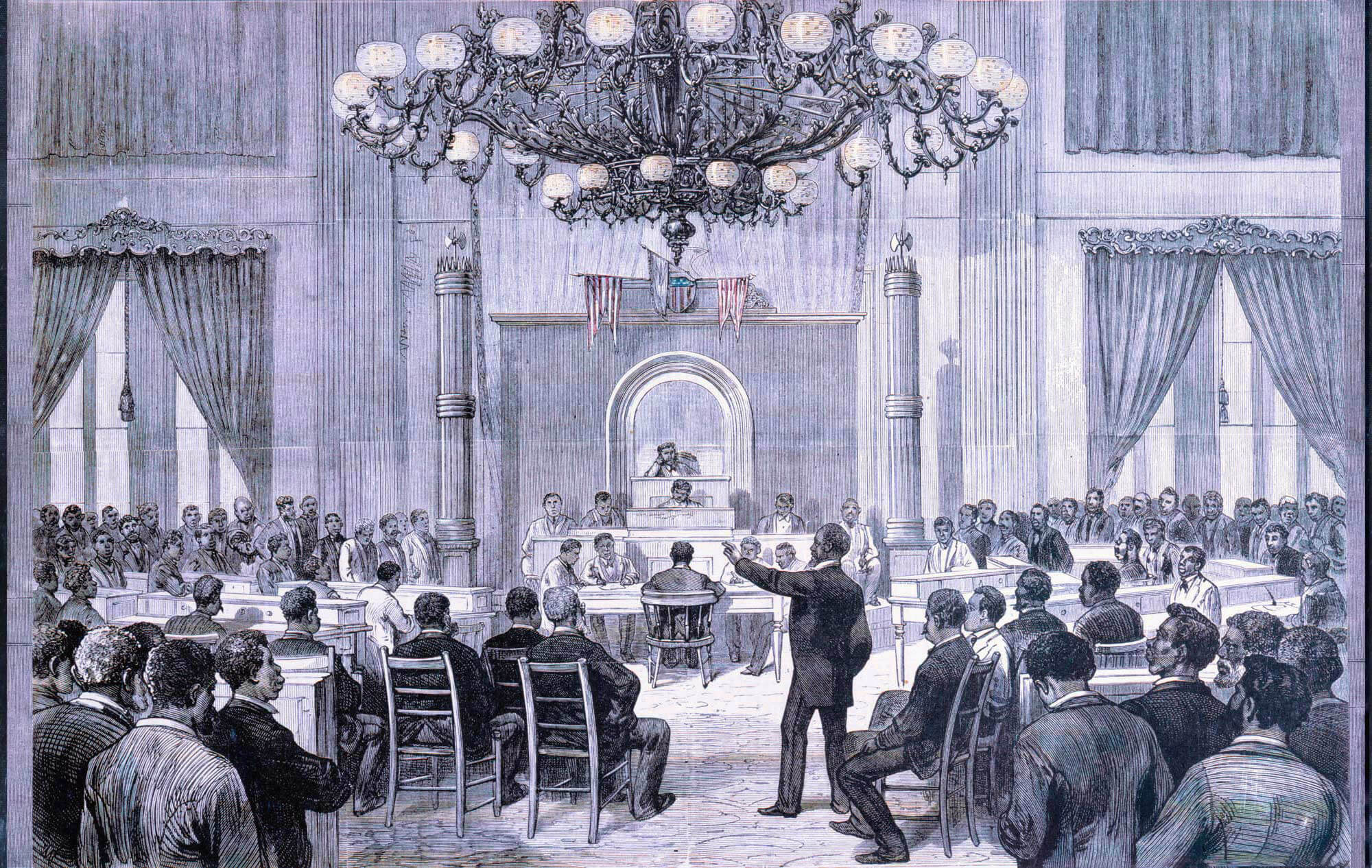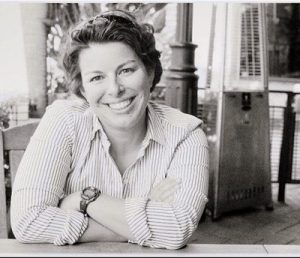

Ph.D., University of California-Davis, 2015
M.A., University of California-Davis, 2012
M.A., American University, 2010
B.A., Middlebury College, 2006
Mary E. Mendoza is a historian of the U.S.-Mexico borderlands, the environment, and the history of race relations in the United States in the nineteenth and twentieth centuries.
Mendoza’s current book project, Deadly Divide: How Insects, Pathogens, and People defied the U.S.-Mexico Border (UNC Press, 2026) explores the intersections between the natural and built environments along the U.S.-Mexico border. Specifically, she writes about the history of fence construction along the border, the ways that nature has shaped and been shaped by construction, and how fences, though practically powerless to stop the movement of dynamic nature, have become a symbol of a racialized landscape of power, control, and exclusion. Mendoza is also the editor (with Traci Voyles) of Not Just Green, Not Just White: Race, Justice, and Environmental History (Nebraska Press, 2025). The collection brings together analyses of the relationships between environment, race, and justice through a historical lens, exploring how white settler power structures produced injustices in different historical contexts in ways that profoundly shaped, and still shape, the experiences of marginalized communities in the United States.
Mendoza has also written about migration, public health, race and racism, ableism, the carceral state, and U.S.-Mexico relations. She has also published several op-eds and columns for the Washington Post and TIME Magazine’s made by history column.
“Fencing the Line: Race, Environment, and the Changing Visual Landscape at the U.S.-Mexico Divide,” in Border Spaces: Arts, Built Environments, and Landscapes, ed. Katherine G. Morrissey and John-Michael Warner, (Tucson: University of Arizona Press, 2018).
“Treacherous Terrain: Environmental Control at the U.S.-Mexico Border,” Environmental History, vol 23, no 1 (January 2018): 117-126.
“Seizing Opportunities to Diversity Conservation.” Conservation Letters, 11, no 4 (2018). Doi: 10.1111/concl.12341. Co -written with Rachelle Gould, Nicole Ardoin, Indira Phukan and Bindu Panikkar.
“La Tierra Pica/The Soil Bites: Hazardous Environments and the Degeneration of Bracero Health, 1942-64,” in Disability Studies and the Environmental Humanities: Toward an Eco-Crip Theory, ed. Sarah Jaquette Ray and JC Sibara, (Lincoln: University of Nebraska Press, June 2017).
“Battling Aftosa: North to South Migration across the U.S.-Mexico Border, 1947-1954,” Journal of the West: State Power and Its Agents in the North American West (Special Issue) vol. 54 no.1 (winter 2015), 39-50.
Woodrow Wilson Foundation’s Nancy Weiss Malkiel Fellowship (2018-19)
David J. Weber Fellowship for the Study of Southwestern America, Clements Center for Southwest Studies (2018-2019)
Mahindra Center for the Humanities Postdoctoral Fellowship, Harvard University (2018-19) [declined]
David and Dana Dornsife Fellowship for Historical Work in the American West, Huntington Library (2017-2018)
W. Turrentine Jackson Dissertation Award, American Historical Association, Pacific Coast Branch (2016)
The Andrew Harris Fellowship for Critical Race and Ethnic Studies and the Department of History, University of Vermont (2015-2016)
The Ford Foundation Dissertation Fellowship (2013-2014)
The Smithsonian Institution, National Museum of American History Latino Studies Pre-doctoral Fellowship (2012-2013)